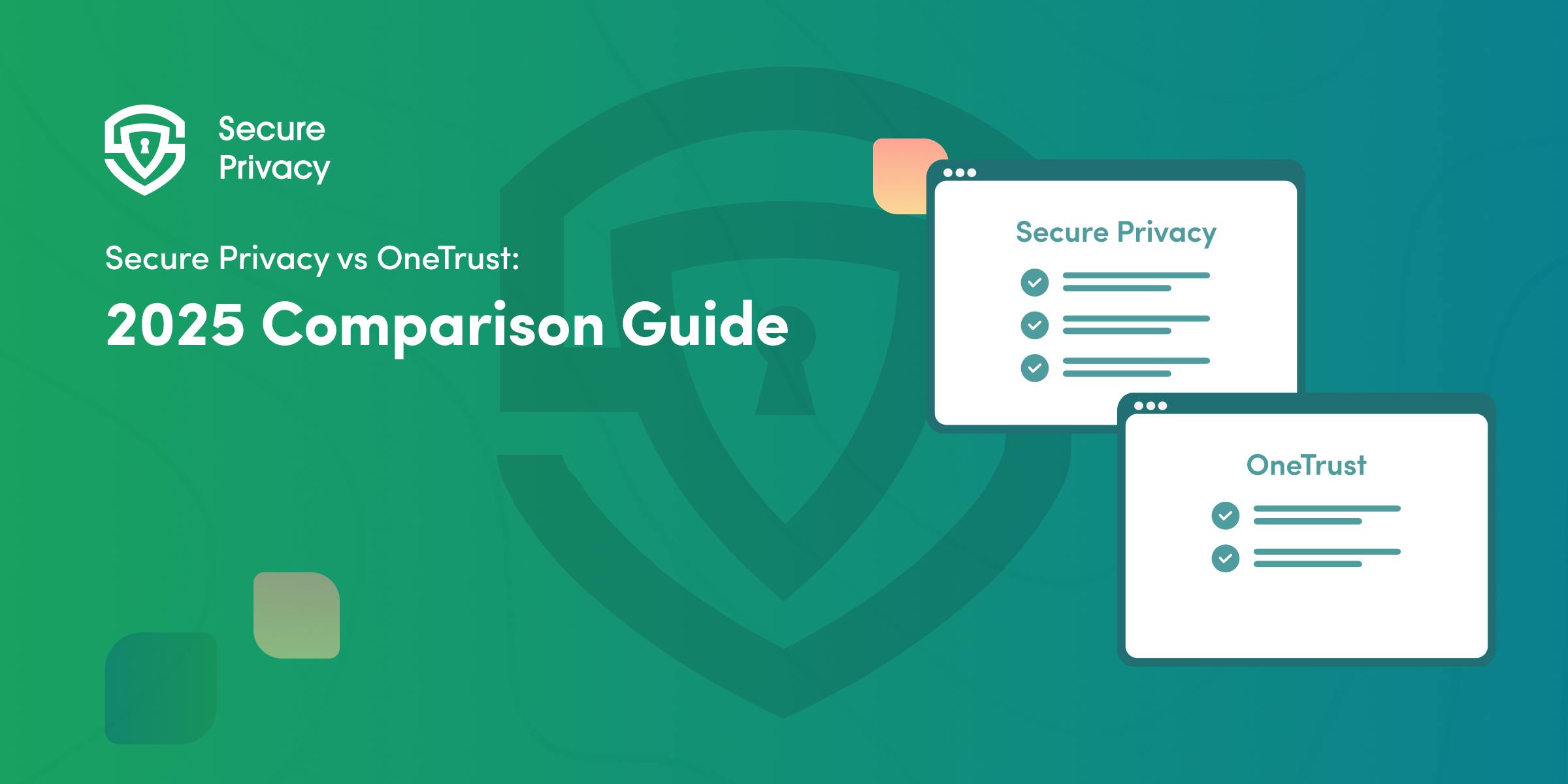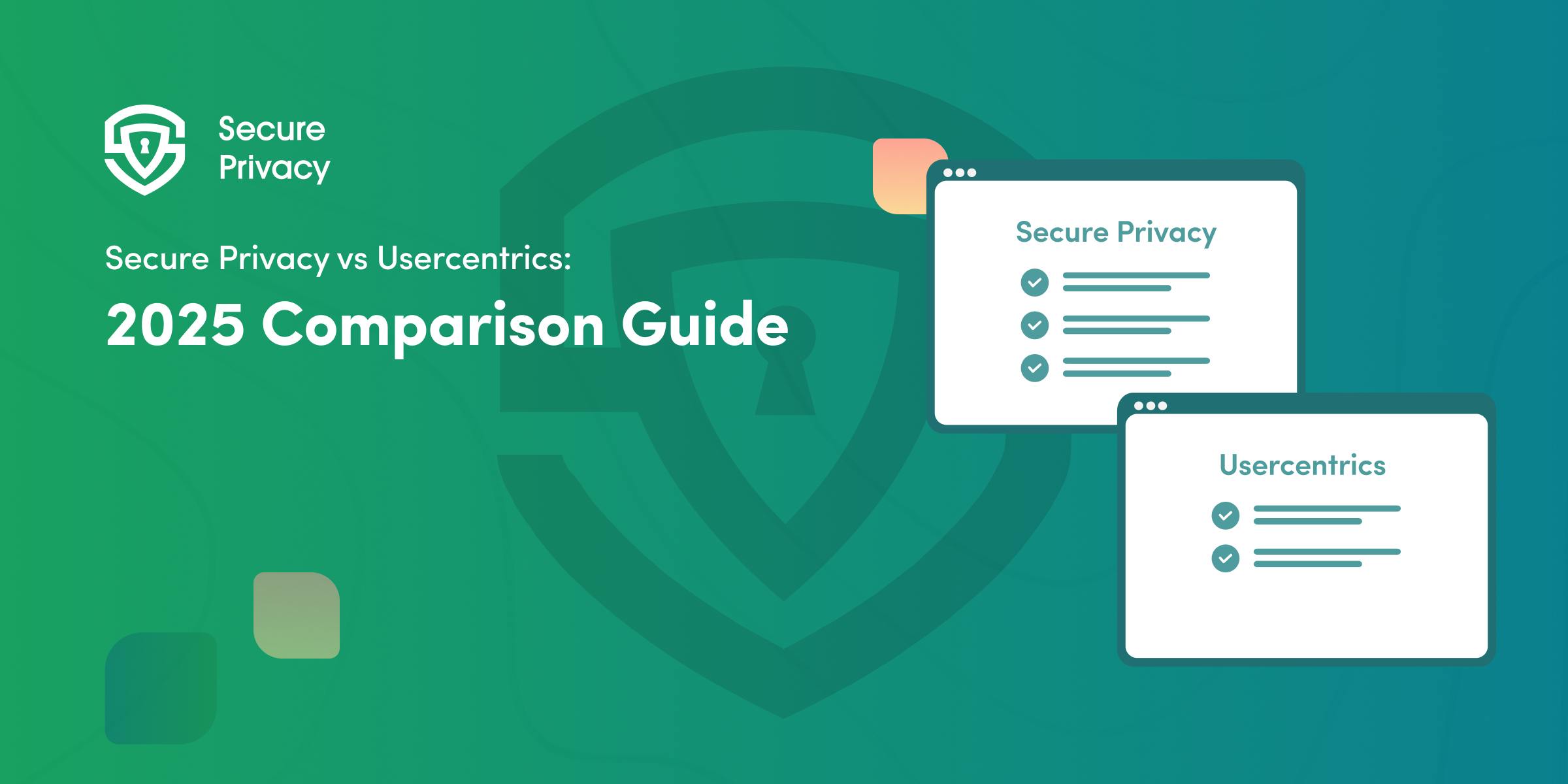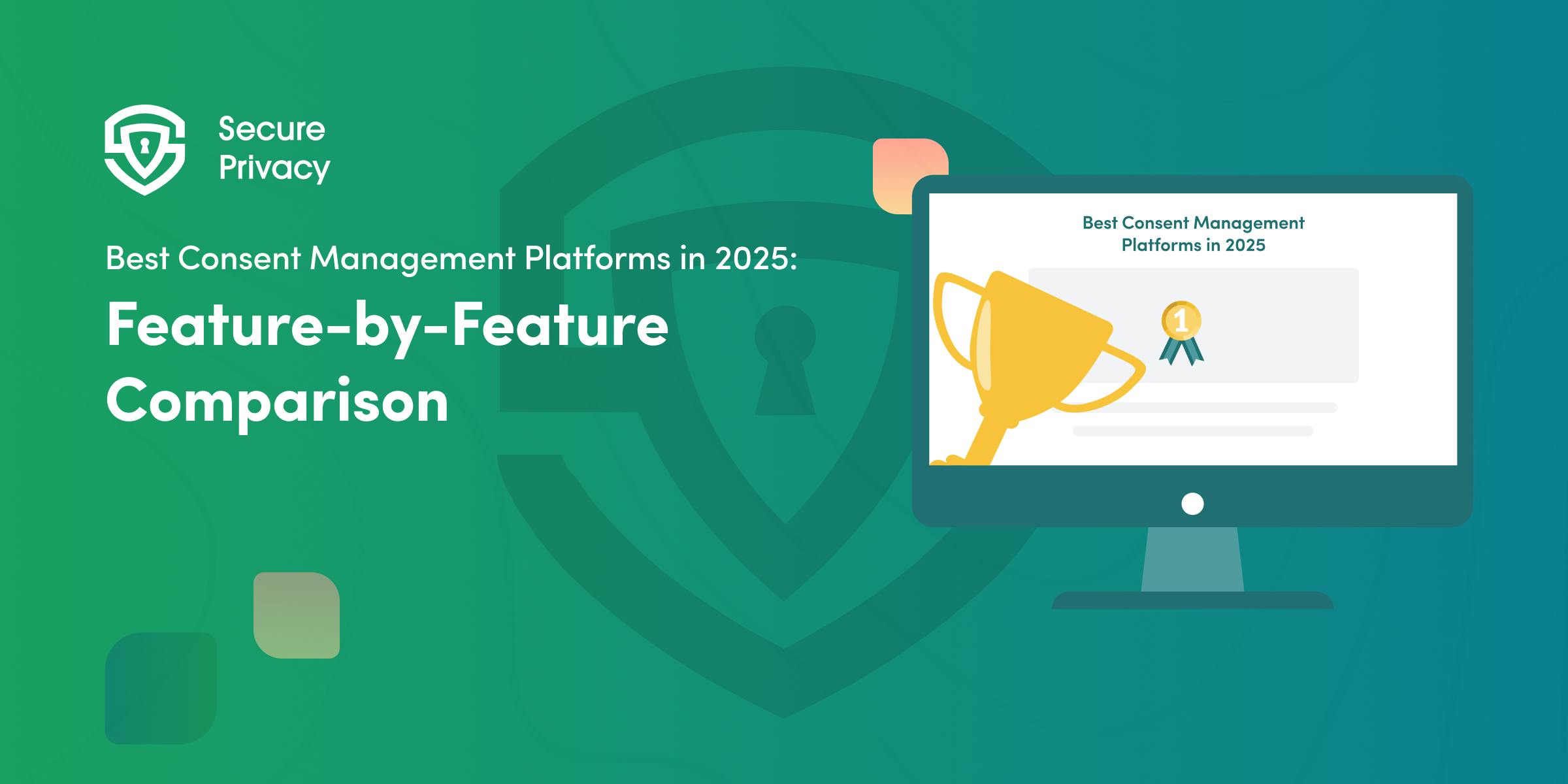What is CCPA 2.0: The Ultimate Guide
If you have been feeling confident about your company's readiness for the California Consumer Privacy Act, which becomes effective on January 1, 2020, the coast is not clear, just yet.
If you have been feeling confident about your company's readiness for the California Consumer Privacy Act, which becomes effective on January 1, 2020, the coast is not clear, just yet.
The founder and board chairperson of the Californians for Consumer Privacy body, Alastair Mactaggart, who was one of the coauthors of the CCPA, seeks to have a new initiative included on California's ballot in the November 2020 election. Mactaggart filed the 51-page ballot initiative with the California Attorney General on September 25, 2019. The application has since been updated in a filing made on October 2, 2019.
Although the official title of the new initiative is the California Privacy Rights and Enforcement Act (CPREA), it has been dubbed 'CCPA 2.0' since it may introduce significant changes to the original version of the CCPA adopted in 2018. For this initiative to make it to the ballot, it will require 623, 212 signatures by June 2020.
What are the Key Improvements Envisioned in CCPA 2.0?
If CCPA 2.0 is adopted, it may;
- Introduce GDPR-like principles comprising purpose limitation, storage restrictions, data minimization, and data integrity
- Establish a new classification of data referred to as 'Sensitive Personal Information,' which comprises health and financial data, race or ethnicity, and accurate geolocation. Additionally, this law seeks to give customers the privilege to opt-in before the sale of this data and the right to opt-out of its use for advertising.
- Create fresh obligations for profiling activities, demanding companies to reveal whether they are utilizing consumer data for profiling in case that characterization could justifiably have a 'negative' impact on the consumer. Businesses are also expected to offer meaningful data about the rationale behind the utilization of consumers' data for profiling.
- Establish a California Privacy Protection Agency. This body will be charged with the duty of enforcing the law and offering guidance to affected sectors as well as customers.
How do you Stay Up to Date?
The updated copy of CCPA 2.0 will include the improvements made by recent changes. Concerning the new requirements, California Elections Code permits the state’s Attorney General to conduct a 30-day assessment procedure and public participation phase, after which the initiative may be amended before it makes it to the ballot.
At Secure Privacy, we will be monitoring the developments closely and provide a comprehensive analysis of CCPA 2.0 ready soon.
Meanwhile, in case you have questions about CCPA 1.0, check out our detailed guide on how to become CCPA compliant. Alternatively, your queries and concerns can be addressed by a Data Privacy and Security expert by scheduling a call with us.
Additional Resources;
Learn more about the CCPA and how to make your company compliant with our comprehensive guide.
Read about Virginia CDPA (Consumer Data Protection Act).
CCPA vs. GDPR: What Businesses Need to Know

Secure Privacy vs OneTrust: 2025 Comparison Guide
Choosing the wrong consent management platform can cost your business thousands in penalties and implementation headaches. With GDPR, CCPA, and LGPD enforcement intensifying, the stakes have never been higher for Secure Privacy vs OneTrust decisions.

Secure Privacy vs Usercentrics: 2025 Comparison Guide
Choosing between Secure Privacy vs Usercentrics for your consent management needs? Both platforms handle core privacy requirements across GDPR, CCPA, and LGPD, but their approaches to implementation, pricing, and user experience differ significantly. This comparison breaks down the key differences between these two popular consent management platforms. We'll examine setup complexity, pricing transparency, automation capabilities, and agency support to help you determine which solution fits your team's specific needs and growth stage. Whether you're managing a single website or multiple client domains, understanding these platforms' strengths and limitations will guide your decision toward the right privacy compliance solution.

Best Consent Management Platforms in 2025: Feature-by-Feature Comparison
Privacy enforcement has intensified dramatically in 2025, with regulators issuing record fines and consumers demanding transparent data practices. The best consent management platforms 2025 offer more than basic cookie banners — they provide comprehensive privacy automation, real-time compliance monitoring, and seamless user experiences across global regulations.
